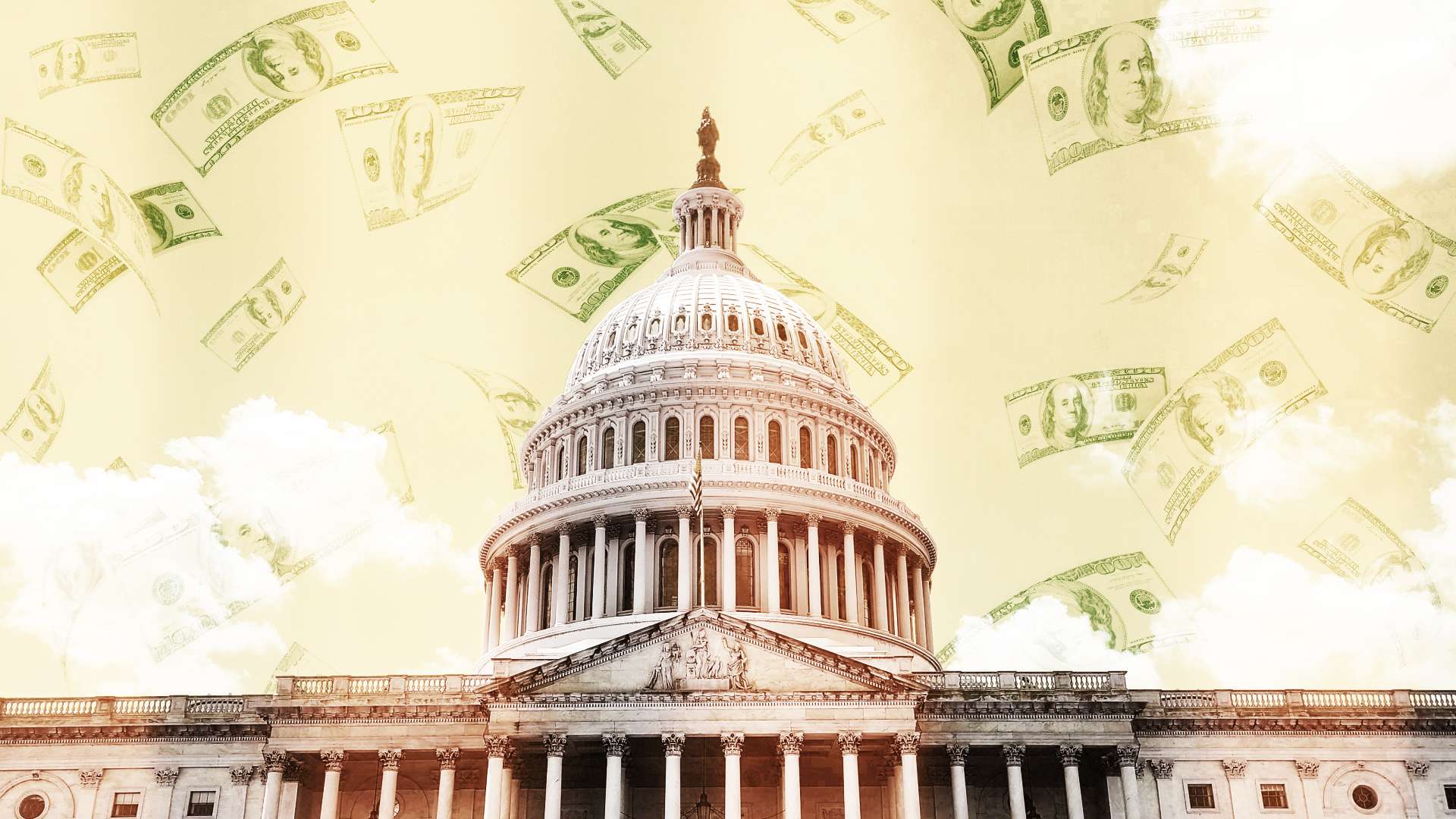Maintaining Tax Cuts: A Fiscally Irresponsible Policy
The debate surrounding the extension of individual income tax cuts from the Tax Cuts and Jobs Act (TCJA) highlights a complex interplay of short-term economic benefits and long-term fiscal challenges. Proponents of the extension argue that lower taxes stimulate economic growth, while critics warn of the potentially detrimental consequences of escalating national debt without corresponding spending cuts. The core issue lies in the disparity between the projected revenue loss from the tax cuts and the anticipated economic growth they are expected to generate. While some economic boost is predicted in the immediate future, the long-term outlook suggests that the benefits may be outweighed by the costs of servicing a larger national debt.
The Congressional Budget Office (CBO) forecasts a significant cost to the government if the TCJA tax cuts are extended without accompanying reductions in spending. This projection underscores the fundamental tension between the desire for lower taxes and the need for fiscal responsibility. The Committee for a Responsible Federal Budget (CRFB) emphasizes that the anticipated economic gains from the tax cuts are unlikely to offset the revenue loss, contradicting the claims of some proponents that tax cuts “pay for themselves.” Analyses across the political spectrum suggest that the economic effects of extending the TCJA will only offset a small fraction of the revenue loss, falling far short of the complete offset required for self-financing.
The short-term economic benefits of extending the TCJA tax cuts are projected to be modest and temporary. While the CRFB anticipates a slight increase in gross domestic product (GDP) of around 0.3 percent in 2027 and 2028, this projected growth is not sustained. In fact, the CRFB predicts a reversal of this trend by 2034, with the extended tax cuts actually leading to a slight decrease in GDP of 0.08 percent. This suggests that the long-term economic impact of the tax cuts may be negative, further compounding the fiscal challenges posed by the revenue shortfall.
A key concern highlighted by the CBO is the potential for rising interest rates as a consequence of extending the TCJA tax cuts. While the CRFB acknowledges that the cuts would generate some positive revenue feedback, estimated at approximately $90 billion, this positive impact is dwarfed by the projected increase in debt service costs. The CRFB estimates that higher interest rates resulting from the increased debt would add $150 billion to the national debt, effectively negating the revenue gains and contributing to a larger overall debt burden.
The debate extends beyond the immediate economic impact and encompasses broader considerations of fiscal responsibility and long-term economic stability. Brookings Senior Fellow William G. Gale points out that while the TCJA simplified taxes for many households, it came at a considerable cost. He emphasizes the substantial increase in federal deficits and debt projected by the CBO over the first ten years of the TCJA, exceeding $2 trillion. This reinforces the argument that the tax cuts are not self-financing and contribute significantly to the growing national debt.
The discussion surrounding the extension of the TCJA tax cuts underscores the need for a balanced approach that considers both short-term economic stimulus and long-term fiscal sustainability. While lower taxes can provide a temporary boost to economic activity, the potential for escalating national debt and rising interest rates poses a significant threat to long-term economic health. A responsible fiscal policy requires careful consideration of the trade-offs between tax cuts and spending levels to ensure a sustainable economic future. Extending the TCJA tax cuts without corresponding spending reductions risks exacerbating the national debt and jeopardizing long-term economic stability. A comprehensive approach that addresses both revenue and spending is essential for achieving sustainable economic growth and preserving fiscal health.
Share this content:












Post Comment